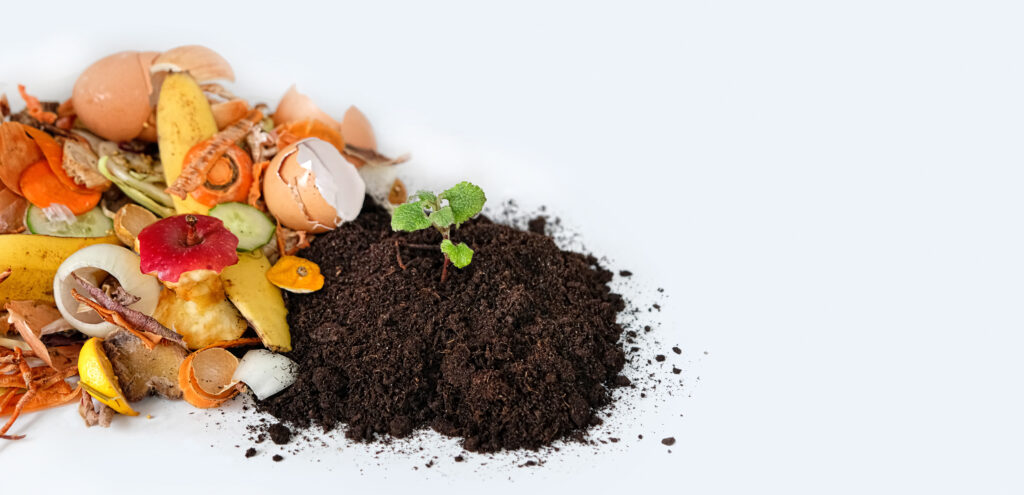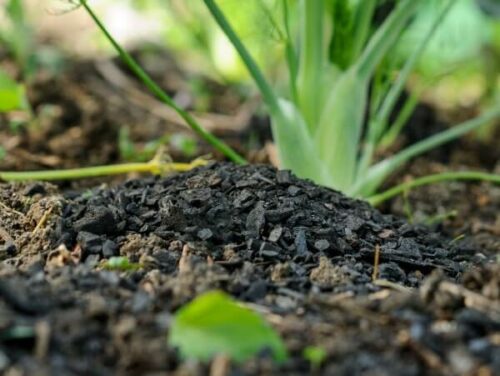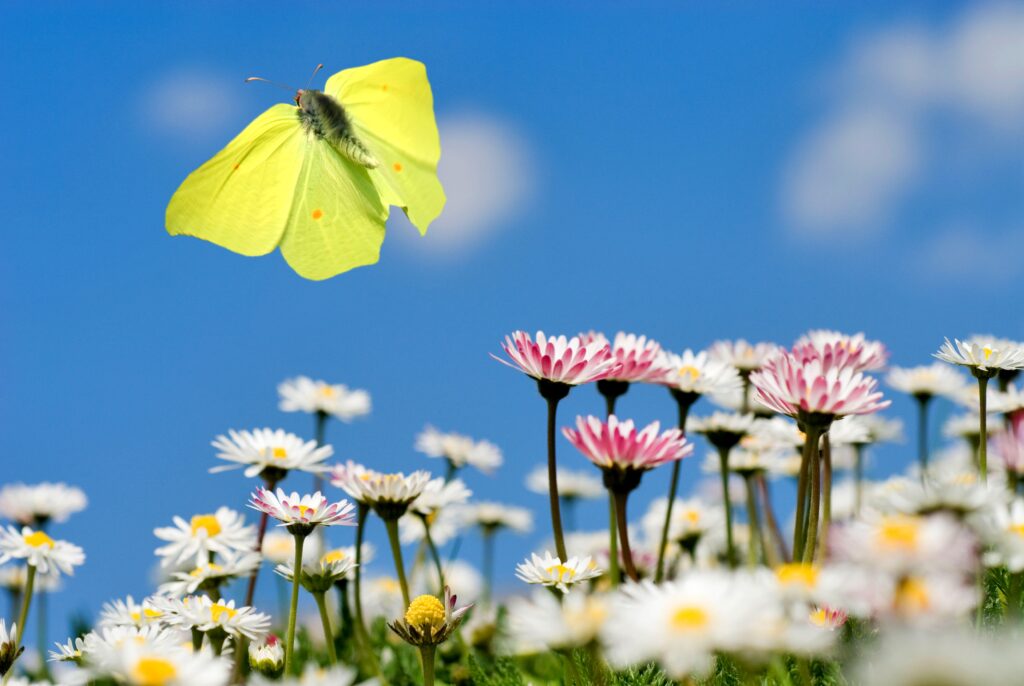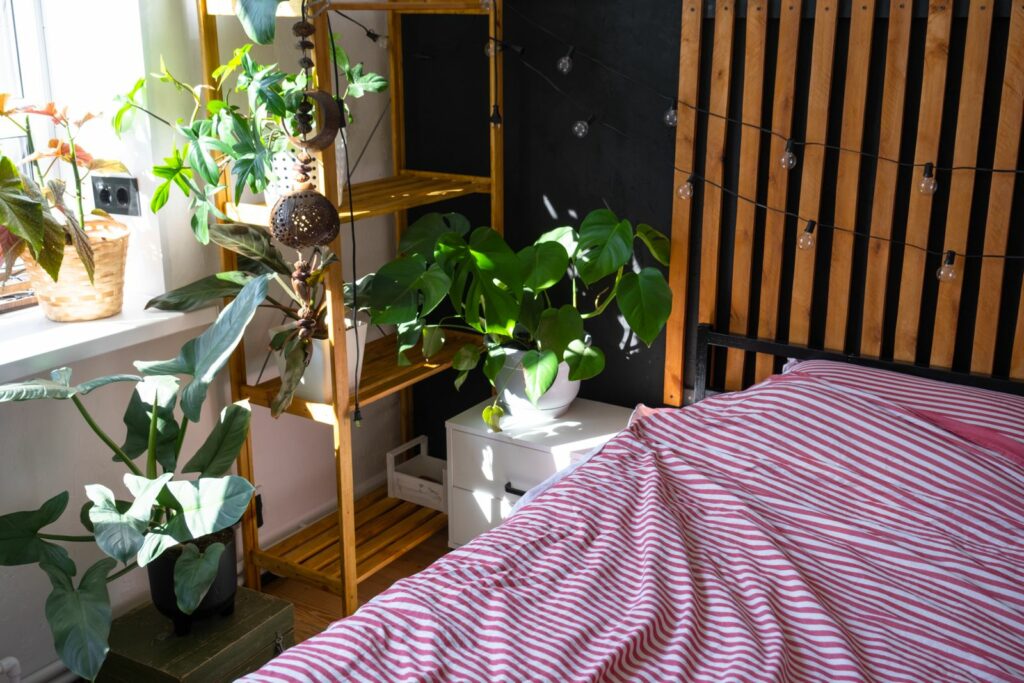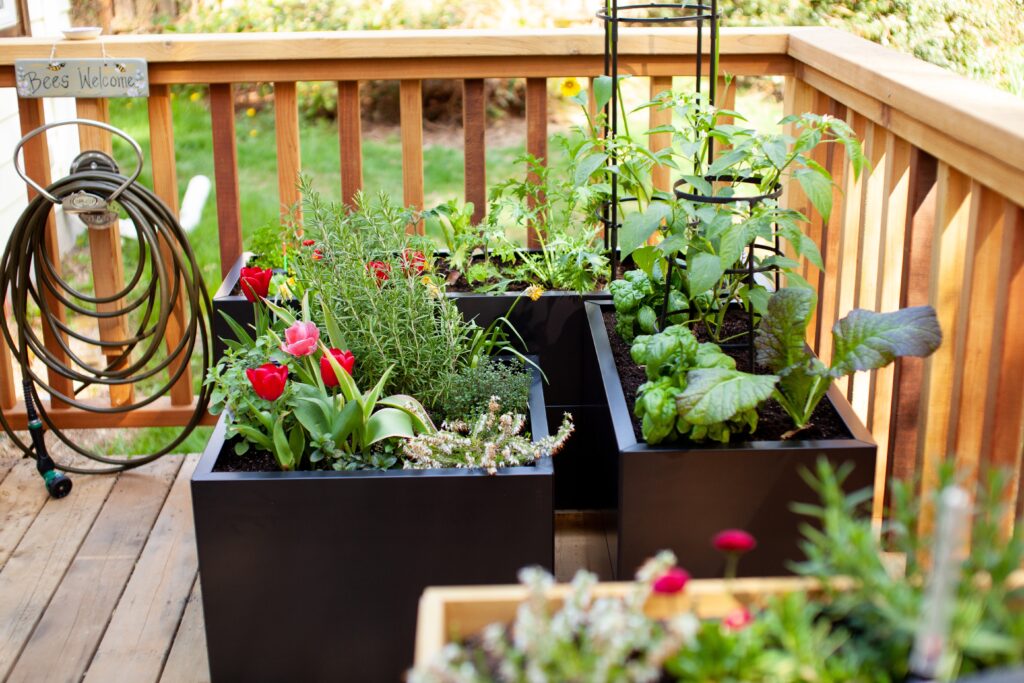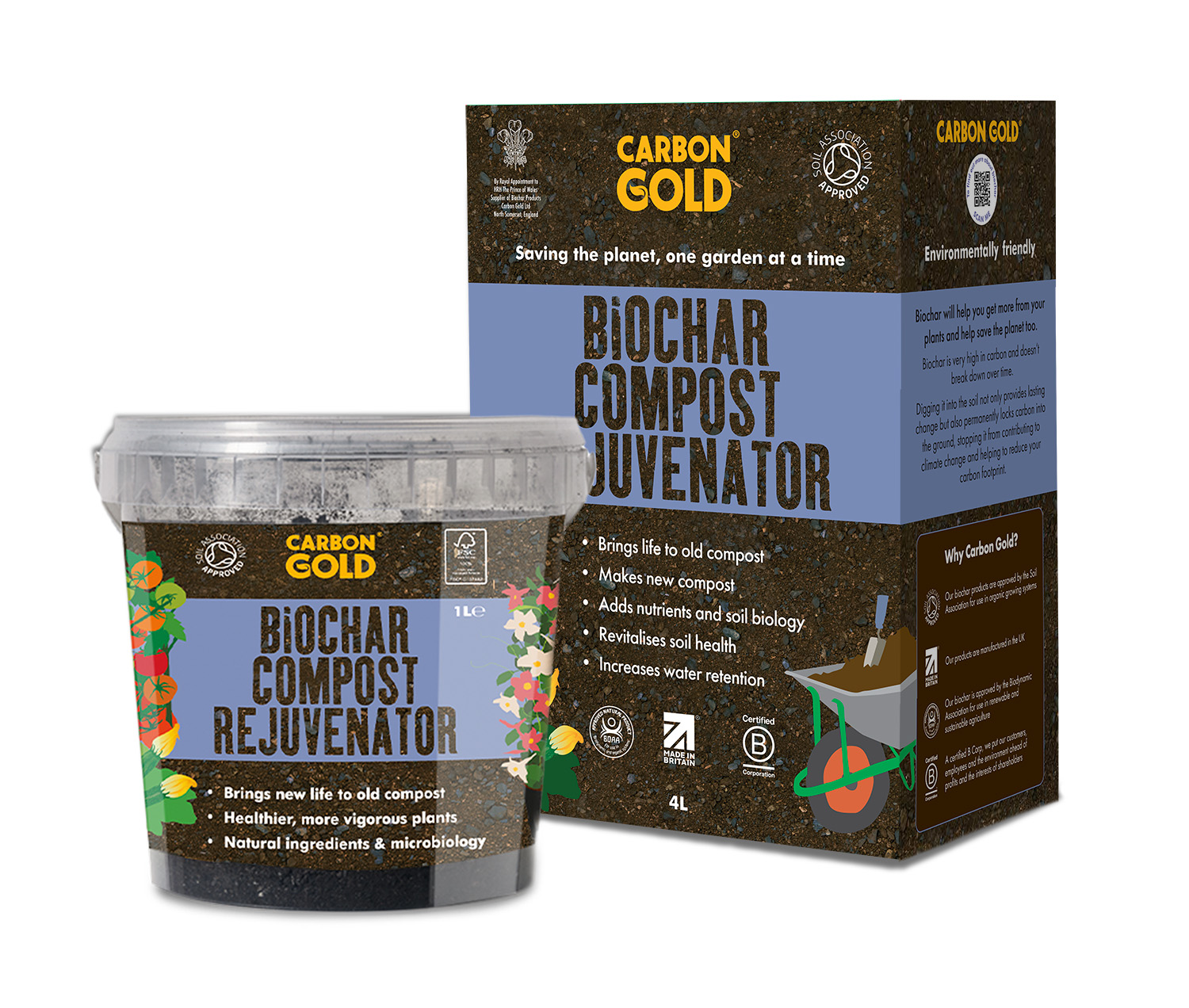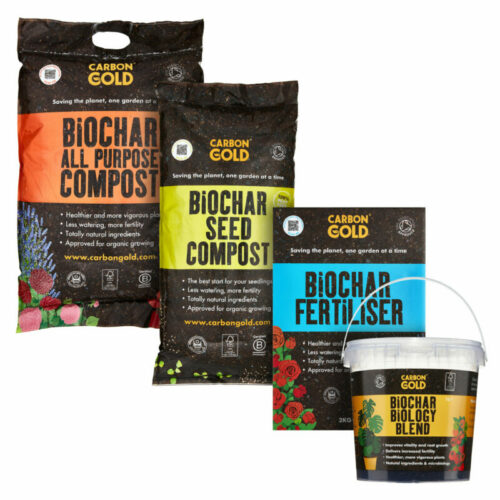Do you have a small stream of many flies coming out your home produced compost or houseplants? These are fruit flies and the larvae feed on plant waste, and use it as a food supply. Fruit flies love rotting fruit, including banana peels, and natural food waste.
Don’t worry—you’re not alone. These pesky little critters are surprisingly common, and if you’ve ever wondered what they were or how to get rid of them, you’re in luck. Let’s take a closer look at these pesky, teeny-tiny flies and find out how we can make them scoot on out of our compost piles! While you could hang fruit fly traps around your home, there are other ways that the adult flies can be stopped.
What Type Of Flies Are They?
The little flies in compost are known by many names, fruit flies. gnat flies, and vinegar flies to name but a few and they are not the same as houseflies. They are part of the Drosophilidae family. The good news is that they have very short lifespans, so they wont be around for too long but they lay eggs in warm damp environments full of organic material like compost. . If you let your damp compost sit for too long without turning it over or stirring it up enough to aerate it, the decaying matter can attract fruit flies. This is because fruit flies feed primarily on rotting fruits and vegetables (hence the name). So, when your compost has decayed matter in it, (which all organic compost does) this provides the perfect food source for hungry fruit fly larvae especially when the compost is very damp.
How To Get Rid Of Fruit Flies
There isn’t an easy way to avoid a fruit fly invasion and getting rid of fruit flies can be tricky since they reproduce quickly and seem to never go away completely. But there are a few steps you can take to keep their numbers down.
- Try to turn over or stir up your composting efforts every couple weeks to aerate it and ensure that things aren’t getting too stagnant down in there, and then cover the top with brown material, like cardboard to stop it drying out and allowing the beneficial bacteria to do its thing in the compost.
- You can use homemade traps such as a jar filled halfway with apple cider vinegar covered with plastic wrap secured with a rubber band; poke small holes in the wrap so that the fruit flies can enter but not escape!
- To avoid fruit flies being attracted to your house, keep kitchen scraps, rotting fruit like banana peel, food scraps well-contained inside your recycling bin with the lid closed to avoid the decomposition process being available to the adult flies until the day comes to add them into the compost bins. Alternatively you could have a wormery or worm bin in your garden. The healthy population of worms will eat the green matter in the worm compost bin. Don’t forget to add in more brown material as the worms require this to digest their food.
- Keep the top 2-3 centimetres of the organic matter or compost dry, which will form a barrier to the wet compost underneath.
By following these simple tips, you should be able to keep those tiny fruit fly invaders at bay!
Fruit flies may not seem like much of an issue—after all, they’re tiny! But don’t let their size fool you; if left unchecked they can rapidly grow into full-on infestations that rival even tropical rainforest bugs in terms of sheer numbers. Luckily for us home gardeners though, controlling these pesky little critters isn’t too hard; just remember plenty of aeration for your compost heap along with some clever traps here and there and you should have no problem keeping those minute troublemakers away from your organic masterpiece!
Happy gardening!
